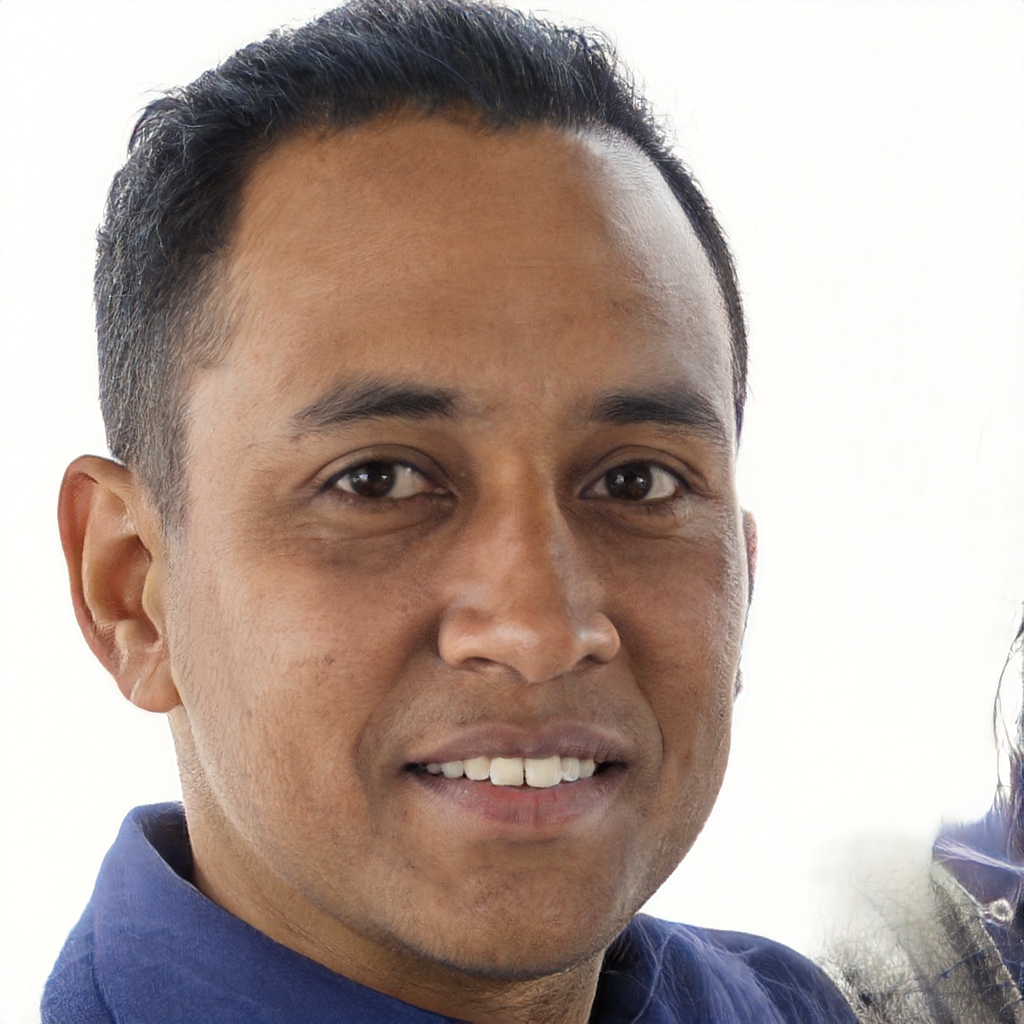The Welfare State is a set of actions carried out by the State trying to seek the general welfare of the population.
For the Welfare State to function, it is necessary for the State to intervene in the economía and in society, distributing wealth to improve the socioeconomic and health conditions of the population. In this sense, it is about actions that try to benefit the citizen and end the economic-social inequality of the country.
Pillars of the Welfare State and implementation
For the Welfare State to function it is necessary for the State to implement a tax system that benefits the collection of impuestos and rates capable of financing projects and public policies.
However, this can generate controversy, since many people may be resigned to having to pay more taxes in favor of increasing the quality of the Welfare State.
The fundamental pillars on which the Welfare State is based are health and education. These are intended to be accessible and free for every citizen of a certain country, without any additional cost. Obviously this is not possible, since it involves a lot of expense for the State for all kinds of actions (illnesses, cures, etc.), although it is possible to the extent possible.
They also try to offer benefits and aid in order to benefit citizens to exercise their daily life: for education, for retirement, disability, orphanhood, employment, etc. Or even to be able to subsist, help for housing, youth, family aid and subsidy for economic activity.
As we say, all measures must be thought taking into account who they are aimed at. We are talking about the general population and beneficiaries of aid, subsidies or free education and health.
